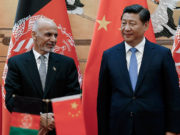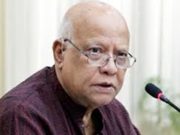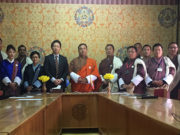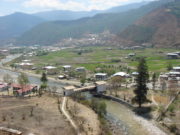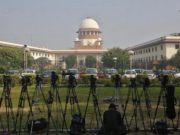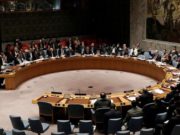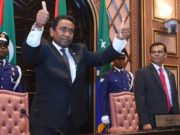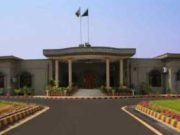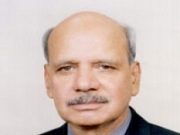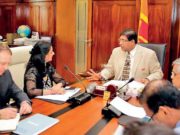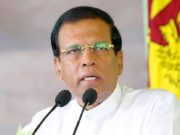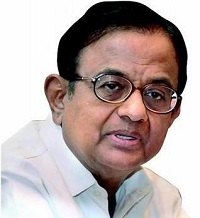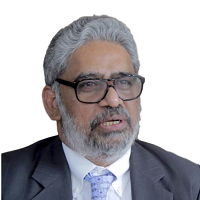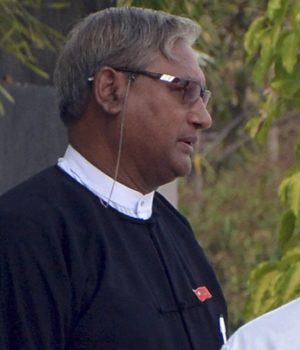A Frontline report draws attention to two Bills passed recently by the West Bengal Assembly, to crush any dissenting voice and to wrest control of government-aided institutions of higher education, highlighting the Trinamool Congress government’s authoritarian tendencies.
The West Bengal Maintenance of Public Order (Amendment) Bill, 2017, passed on February 8, imposes stringent conditions on those causing damage to public property during agitations and also a “payment of collective compensation on the inhabitants or other persons concerned” while the West Bengal Universities And Colleges (Administration and Regulation) Bill, 2017, passed the next day, gives sweeping powers to the State government over government-aided colleges and universities. The Bill that has been introduced comes at a time when the government is facing mounting protests on diverse allegations of corruption, forcible land acquisition, and the deteriorating law and order situation.
Suhrid Sankar Cattopadhyay of the Frontline, reported angry and violent exchanges in the Assembly on February 8, which resulted in the Opposition Leader Abdul Mannan being forcefully evicted from the House and hospitalized following protests, as the government tried to pass the Bill on public order which is an amended version of the West Bengal Maintenance of Public Order Act, 1972. The bill was never invoked in the 34 years of the Left Front rule from 1977 to 2011. The amended legislation is more draconian and its most controversial aspect is observed to be the power that it vests in the State government to impose a “collective” penalty for damage to public property.
Section 15 B of the Bill lays down that “a person committing offence of mischief shall also be liable to pay the compensation to the extent of damage caused to the property as may be determined by the court”. The next section says the State government can impose collective compensation on not just the perpetrators of the offence but also the inhabitants of “any” area where the offence has taken place: “If after enquiry in the prescribed manner the State government is satisfied that the inhabitants of any area are concerned in, or abetting or instigating, the commission of the said offence or failing to render all assistance in their power to discover or apprehend the offender or offenders or suppressing material evidence of the commission of such offence, the State Government, may, by notification in the Official Gazette, impose a collective compensation on such inhabitants and apportion such compensation amongst the inhabitants in such manner as may be prescribed.”
There is a great deal of ambiguity in this section, particularly in the term “any area”. Constitutional experts have pointed out that in the event of a disturbance in a particular mouza, all inhabitants of not only the mouza but also the gram panchayat and even the entire bloc of the district concerned can be labelled as having had a hand in it, totally subject to the the State government’s interpretation and opinion. The Bill gives license for the police to arrest virtually anyone for failing to discover or apprehend the offenders.
What is envisaged through the Bill is likened to medieval law by observers and analysts.
Sujan Chakraborty, senior Communist Party of India (Marxist) leader and MLA from Jadavpur, was quoted in the Frontline as comparing the draconian Bill to medieval law pointing out that its purpose is to punish any voice of opposition.
The Bill also has a clause that is aimed at coercion, stating that: “Any person aggrieved by the imposition of the collective compensation… may, within thirty days of the notification, file a petition before the State government or such other authority as it may specify in this behalf for being exempted from such compensation.”
Analysts note that this clause may be used to induct more people into the ruling party’s fold.
Chief Minister Mamata Banerjee, while participating in the discussion on the Bill, declared: “We are not afraid of anybody. This decision has been taken for the welfare of the people.”
The political commentator and social scientist Biswanath Chakraborty felt the new Bill exemplified Mamata Banerjee’s brand of politics. “This is typical of Mamata’s style of politics. When she was in the opposition, it was total opposition. She did not participate in any political dialogue with the ruling party then. Now, when in power, she works on the same principle—she wants to exert absolute control. There is no middle path for her,” he was quoted as telling the Frontline.
Control on colleges
Meanwhile the West Bengal Universities And Colleges (Administration and Regulation) Bill, 2017, gives the State government overriding powers on practically all aspects of the functioning and administration of government-aided colleges and universities. The government can intervene in matters ranging from the nomination of the president of an institution’s governing body and the dissolution of the said body to the revision of pay scales of teachers. The government can even lay down the rules and procedures of student union elections.
The Bill’s Statement of Objects and Reasons claims that its aim is to “improve the functioning of the state-aided universities and government-aided colleges of West Bengal, and to bring about a certain uniformity and standardisation in the rules, practices, procedures, etc.” Political observers and educationists, however, feel the move blatantly infringes on the autonomy of institutions of higher education and attempts to destroy the unique characteristics of each institution.
This is not the first attempt to seize complete control of government-aided institutes of higher education. On an earlier occasion, State Education Minister Partha Chatterjee tried to justify the government’s constant meddling in the functioning of various institutions with the blunt comment: “Since we pay the salaries we have every right to interfere in their affairs.” His justification when he introduced the Bill in the Assembly was that the Bill was “framed with the intention of straightening the back of the education system in the State.”
All over the country there is a basic structure in the higher education system, which ensures two parameters—democratic functioning and autonomy for institutions. If the number of government-nominated members in an institution increases, then with every successive government attempting to push its own agenda, the ambience for education is expected to suffer.
The new Bill is undoubtedly the biggest setback so far to the autonomy of government-aided institutions of higher education. One section states that the government “may by order, from time to time, revise the scale of pay attached to the post of teachers, officer or of non-teaching employees or sanction any new allowance thereof”.
Legal experts believe that there will be a spate of cases challenging the Bills and these will stall the ruling party’s plans.




